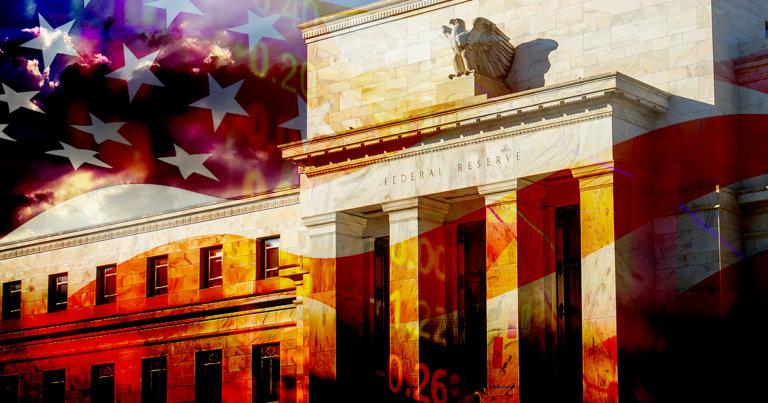 Federal Reserve says FedNow will go live in July
Federal Reserve says FedNow will go live in July Federal Reserve says FedNow will go live in July
The service has been said to address the same issues as a potential CBDC — set to launch the FedNow payment system in July.

Cover art/illustration via CryptoSlate. Image includes combined content which may include AI-generated content.
The U.S. Federal Reserve has announced that its FedNow service will launch this summer, as seen in a statement from the agency on March 15.
FedNow service to launch in July
The Federal Reserve said that it will begin to certify FedNow participants in April. It will also engage in validation activities to ensure that all parties are ready for the service in June.
Finally, the FedNow payment network will be fully launched in July.
FedNow intends to handle instant payments between participating financial institutions with 24/7 availability. It will offer core clearing and settlement services, and other features are expected to be introduced in the future. The service will be used by financial institutions and payment processors of various sizes as well as the U.S. Treasury.
Though the exact number of companies set to use the service is unclear, FedNow will be available through the Federal Reserve’s FedLine network — which already services 10,000 financial institutions. Participation is expected to rise in the future.
FedNow shares goals with CBDC
Though FedNow does not use cryptocurrency or distributed ledger technology, it has been advanced as a complement to central bank digital currencies (CBDC).
Governor Michelle W. Bowman said in August 2022 that FedNow “addresses the issues that some have raised about the need for a CBDC.” She did not suggest that FedNow will replace the government’s explorations into CBDCs.
Whether a CBDC or “digital dollar” will ever exist in the U.S. remains uncertain. Certain individuals have advocated for a U.S. dollar CBDC as recently as early March. However, the last significant development toward a CBDC is a White House statement from October 2022 stating the possibility of a CBDC is still being examined.
As such, FedNow will certainly precede a CBDC and other similar projects by months or years. FedNow and CBDCs have a similar goal — that is, to provide a government-supervised payments network that is faster than traditional networks.








































































































